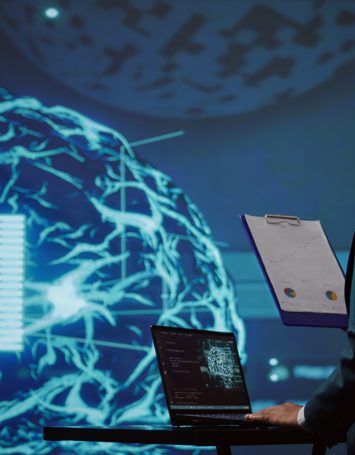Written by: Haim Ravia, Dotan Hammer
U.S. courts are increasingly grappling with the integration of Artificial Intelligence (AI) in legal proceedings, as evidenced by recent cases and policy updates. While several courts tossed out expert testimony that turned out to include AI hallucinations, the Illinois Supreme Court issued a pioneering policy document, permitting the use of AI in court proceedings if it adheres to ethical and legal standards.
The Illinois Supreme Court policy acknowledges AI’s potential benefits, particularly regarding improved access to justice, but emphasizes the importance of human oversight and accountability for the final work product. The document acknowledges concern regarding authenticity and precision in AI output, which may adversely skew court proceedings and decisions, detrimentally affecting the public’s trust in the courts.
The document calls on Illinois courts to be aware of the possible risks. Yet it permits ethical and legal AI use, maintaining each person’s responsibility over their own products. The document further mandates AI use to adhere to privacy and confidentiality rules. While the document does not obligate courts to inquire whether documents are AI-generated or edited, they may refuse such submissions when they are unfounded, intentionally misleading, or perpetuate biases and prejudices.
A recent decision of a federal district court in Minnesota illustrates some of the concerns regarding the use of AI-generated content, specifically in expert testimony. The court tossed out an expert opinion that included fabricated citations generated by AI, due to the impact on the expert’s credibility. The court emphasized the importance of verifying AI-generated content and the responsibility of attorneys and experts to maintain independent judgment. A recent court decision in Israel dealt with an AI-generated document which the court rejected as evidence presented before a court-appointed expert due to potential biased.
These developments indicate that while U.S. courts are not outright opposed to the use of AI, they emphasize the need for responsible and transparent implementation, making it clear that AI-generated content must be carefully vetted before being introduced in court.
Click here to read the Illinois Supreme Court Policy on Artificial Intelligence.
Click here to read the U.S. District Court for the Federal District of Minnesota’s decision in Kohls v. Ellison.



